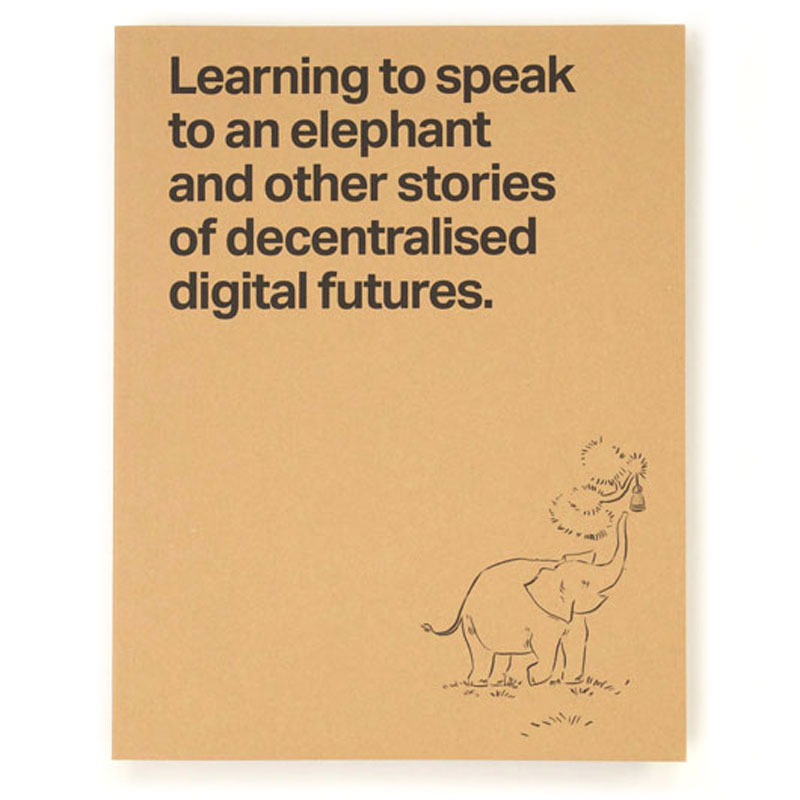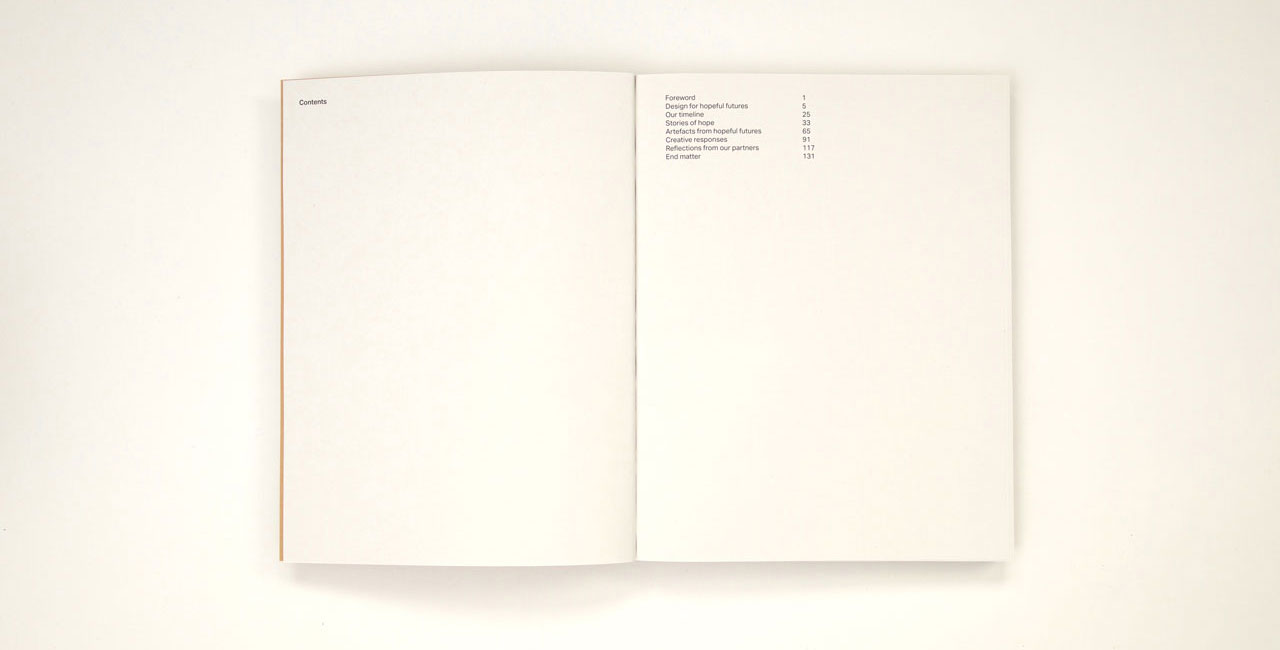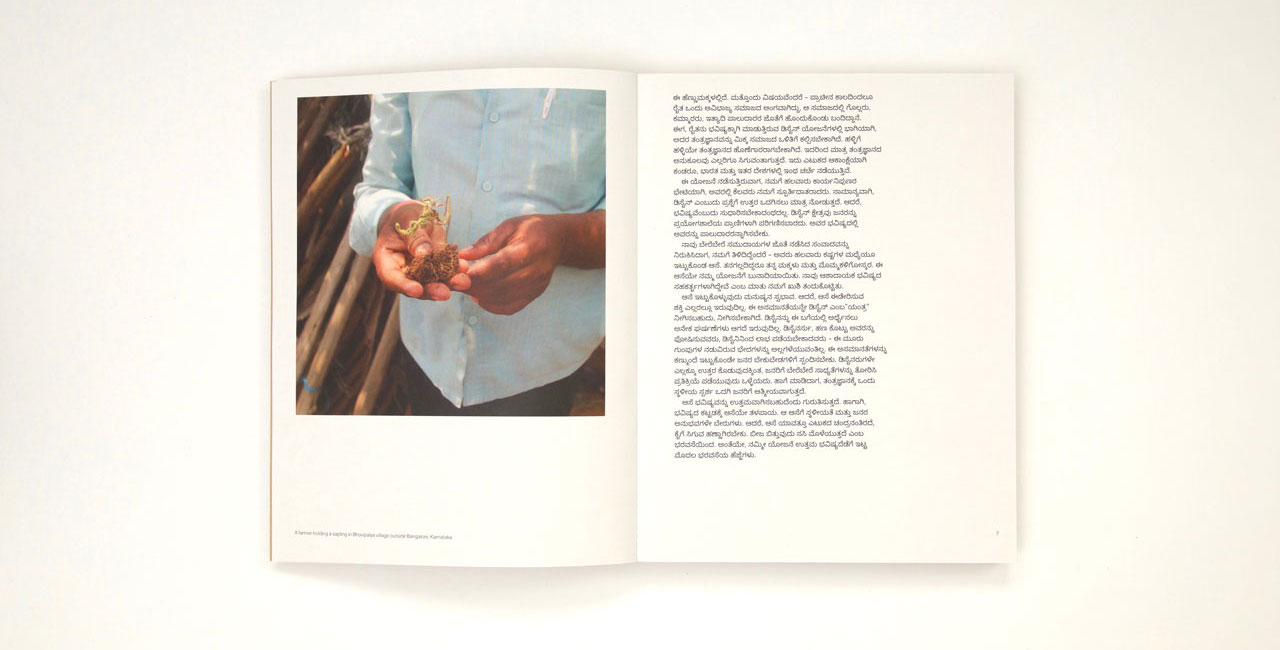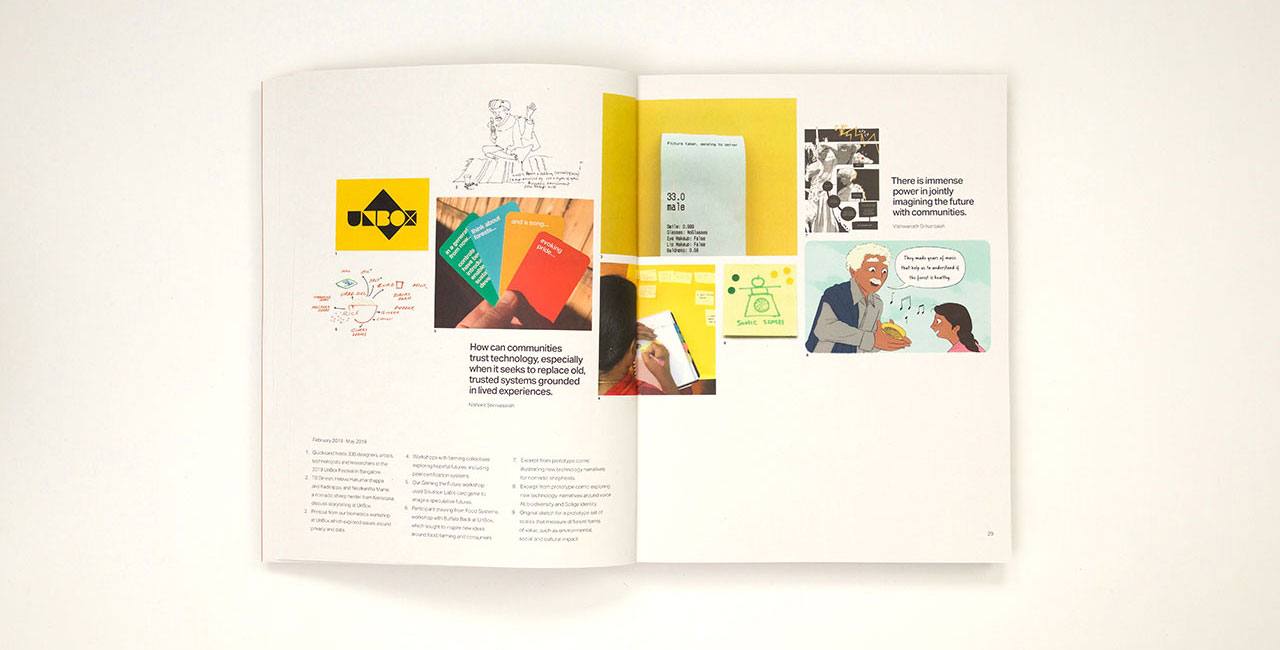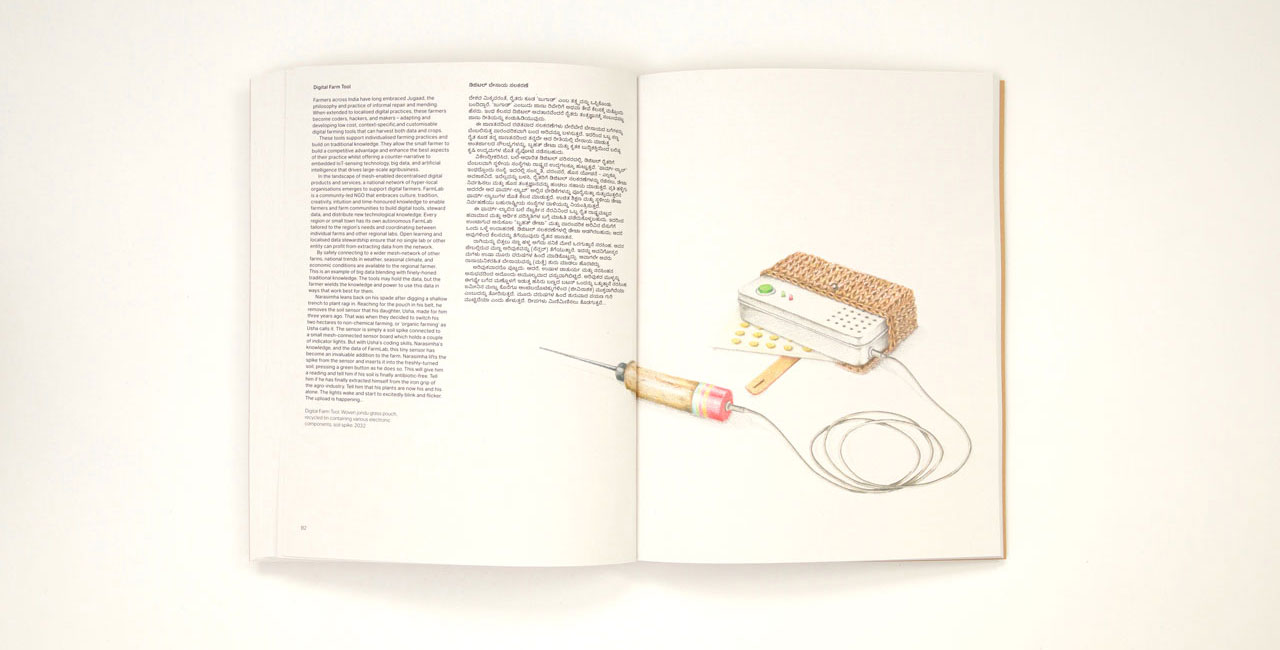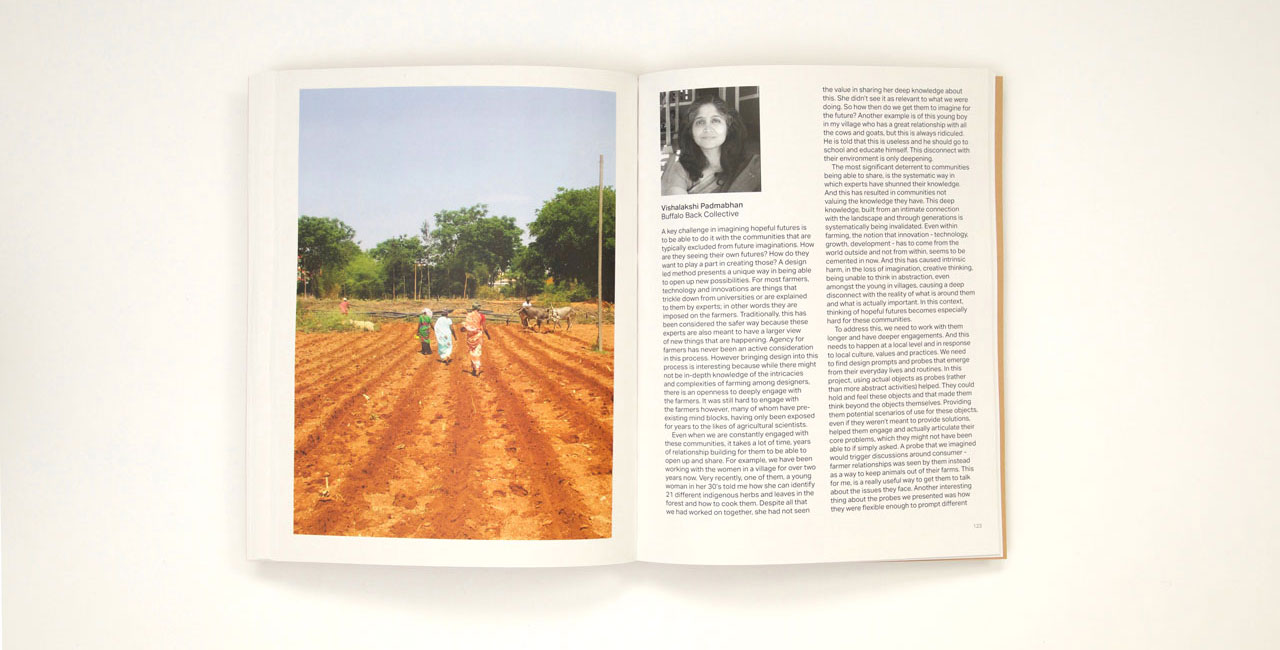Working with rural communities in Karnataka, India, Decentralising Digital is an ongoing research project seeking to co-create new narratives for decentralised digital futures.
We are exploring how developments in emerging technologies such as the Internet of Things, the voice enabled Internet, machine learning and artificial intelligence might be harnessed to meaningfully support rural communities in India.
We imagine that the work presented here can be adapted and used by other communities and stakeholders, in their own work in reimagining different, more sustainable futures for these communities.
We have collated our work on the project between 2018 and 2020 into a book that you can download, or get in touch to request a printed version.
Community Focussed
The project is driven by an approach that centres people’s lived experiences to direct the development of design futures.
Our team includes the Indian design research studio – Quicksand, design researchers from across the UK, the National Institute of Design, India, and community partners from Karnataka.
Our partners
We worked closely with three partner organisations who have strong established links with rural communities in India.
They helped us to ensure that we were asking the right questions to the right people, providing guidance to enable us to create relevant and meaningful stories, and ensured that the way in which we worked with people was meaningful and equitable.
Black Baza Coffee
Black Baza Coffee Collective works with coffee-growers in BR Hills and Kodagu in Karnataka, to strengthen biodiversity-friendly farming practices, and ensure a fair price to producers.
Buffalo Back Collective
Buffalo Back Collective works with marginal farmers, cooperatives, and farmer groups on sustainable food practices, focusing on how daily choices can help evolve a better and healthier food system.
Janastu
Janastu provides free open source software solutions and support to small nonprofits and communities in India, especially for the needs of emergent Internet users.
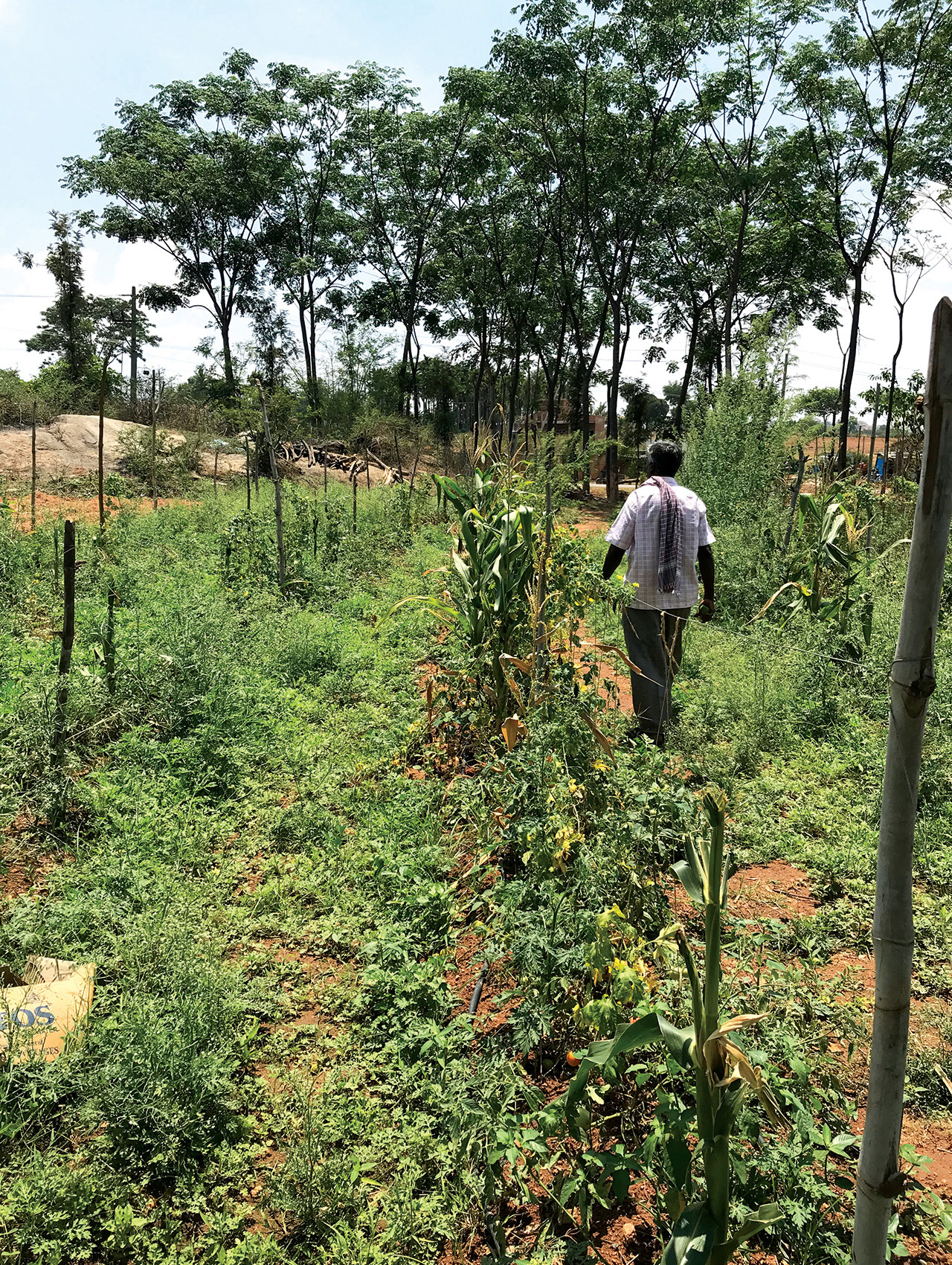

”
While places like BR Hills have been shielded from being pulled along into dominant narratives of development, we wonder how we might continue to sustain this autonomy into the future. A hopeful future therefore is one wherein an indigenous community like the Soliga in BR Hills have the freedom to self-govern and make independent and autonomous decisions about their community, livelihoods and surrounding ecosystem.
Dr Arshiya Bose
Black Baza Coffee
”
For most farmers, technology and innovations are things that trickle down from universities or are explained to them by experts; in other words they are imposed on the farmers. However bringing design into this process is interesting because while there might not be in-depth knowledge of the intricacies and complexities of farming among designers, there is an openness to deeply engage with the farmers.
Vishalakshi Padmabhan
Buffalo Back Collective
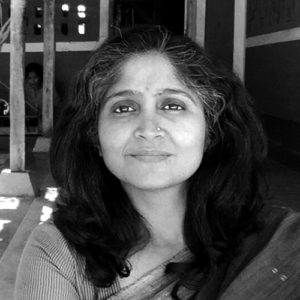
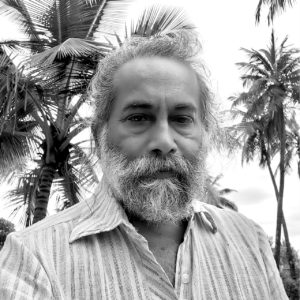
”
In this project when we approached rural communities with physical technological prototypes, we had immediate engagement; they could relate to every one of the prototypes. It was interesting because it was not about yes, I need this or no, I don’t need this. This is a step in the right direction. It was not a corporate solution trying to meet a specific need. Instead it was meant to make you think, and it did make them think about what these things could be in their lives.
TB Dinesh
Janastu
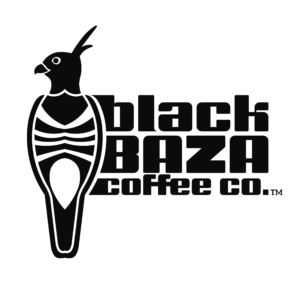

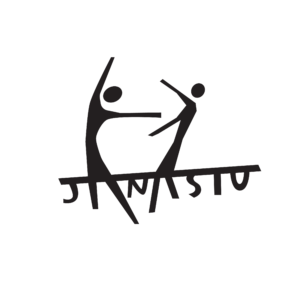
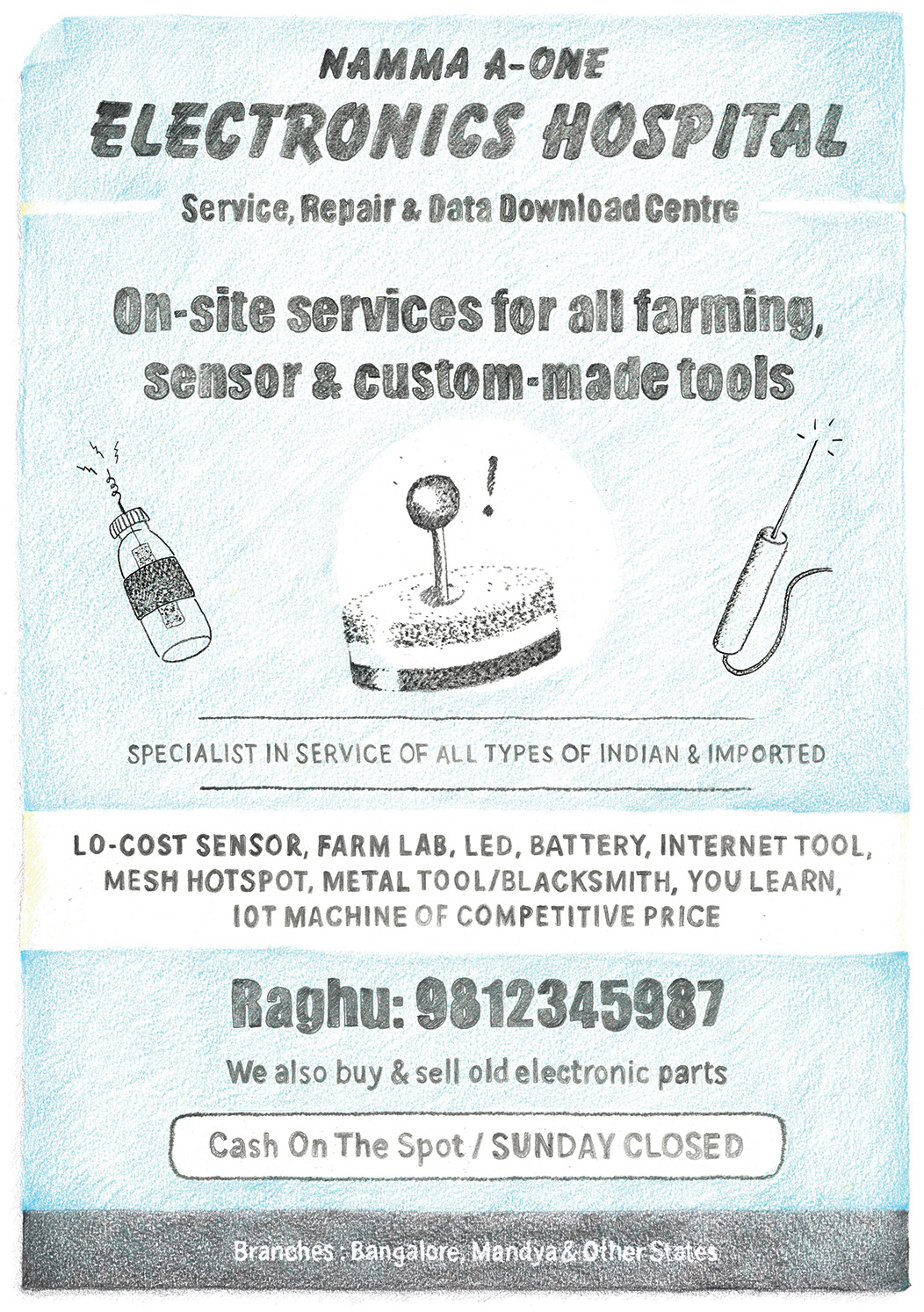
The current problem
Technology is already successfully contributing to socio-economic development in India but the narratives used to frame these successes, and the types of technologies implemented, are narrow and frequently urban-centric.
Often, these technologies are products of companies far removed from India and their business models extract value from the billions of people that use them while directing economic rewards to a small elite. the asymmetric relationship between the makers of such technologies and the people that use them is sometimes referred to as Digital Colonialism.
Decentralising Digital is our response to this discord between how such technologies are designed and made, and the people that use them; a project that explores the contours of a future in which digital technologies are inspired and informed by local contexts and considerations.
”
In the new economy emerging from these turbulent times, the word ‘development’ is taking on a profoundly different meaning. Its core value is stewardship rather than extraction. It is motivated by concern for future generations; not by what ‘the market’ needs in the next few months. It cherishes qualities found in the natural world, formed over millions of years of natural evolution. It also respects social practices – some of them very old ones – of other societies, begun in other times.
John Thackara
Our approach
This project is not about delivering solutions to problems, but about exploring what issues communities want to be heard and what questions policy makers should be asking.
We want to challenge existing narratives, to reflect the diverse hopes that people and communities from rural areas have for their futures and the roles that emerging technologies might play in supporting and delivering these.
Our approach borrows from speculative design practices. By telling stories about different futures we want to encourage people to think critically about the present and the decisions that would need to be taken to make these hopeful futures a reality.
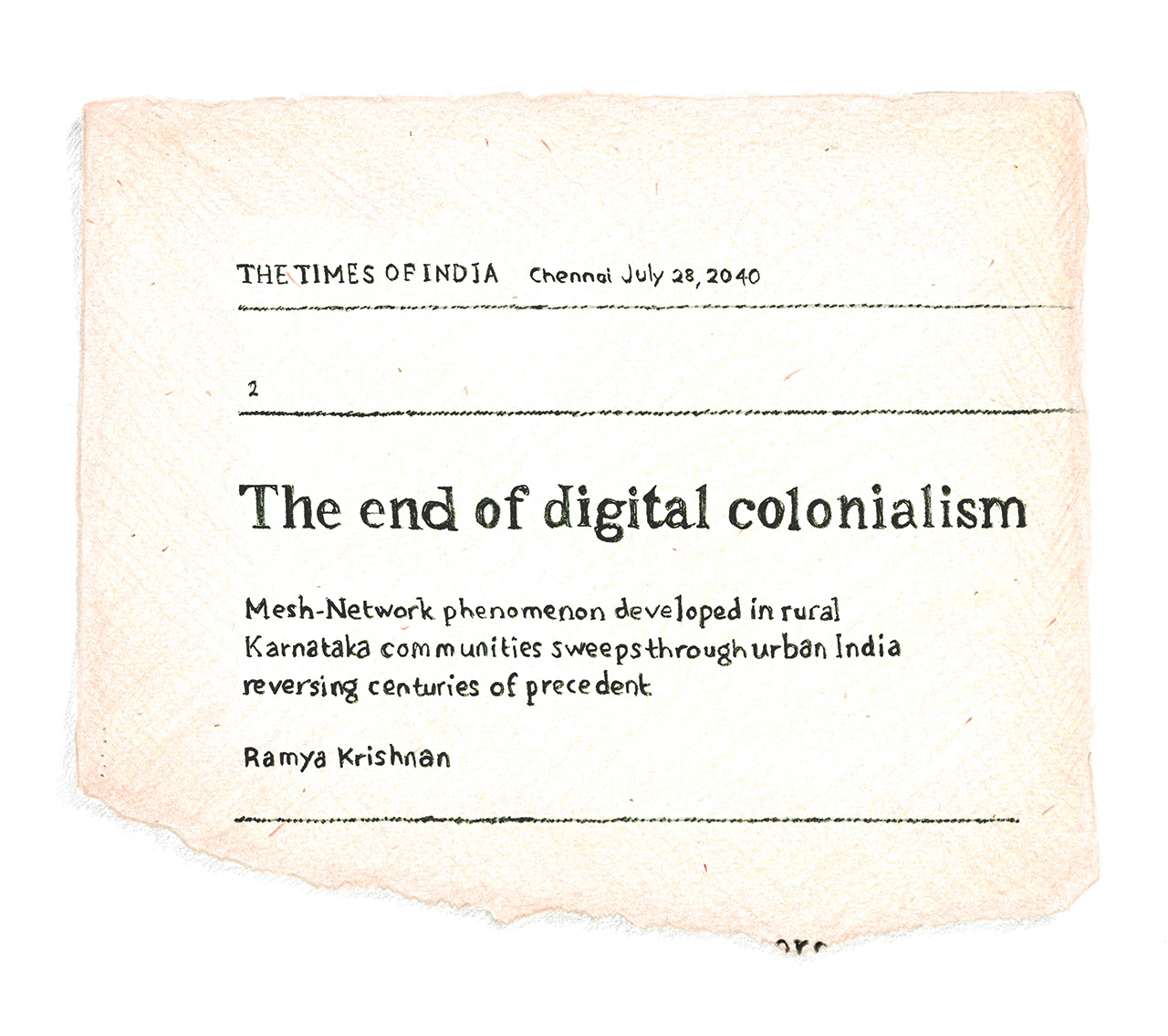
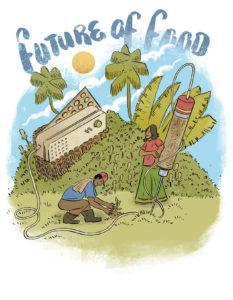
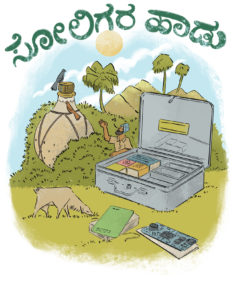
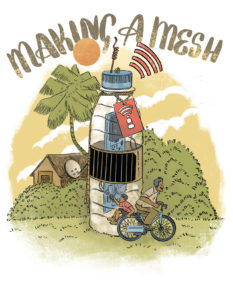
Stories of hope
We believe that stories can provide a platform that enables rural communities to be recognised, heard, valued and validated; connecting communities, engaging stakeholders and informing policy makers.
Over the first two years of the project we refined three stories to illustrate some of the hopeful futures we discussed with our partners.
Then we turned these into community comics. You can click on the links below to read the three comics we made in English or Kannada.
Future of Food
This story is set in 2035. It traces the various steps that were taken over time to build healthier farming ecosystems, nutritious local
food, prosperity for small organic farmers, and how localised technology innovations enabled farmers to drive this change.
Song of Soligas
This story is set in 2050. It traces the journey of a researcher working with the Soligas to understand their ways, using technology over time to enhance this knowledge and incorporating it in conservation policies.
Making a Mesh
This story is set in 2030 and tells the story of decentralised mesh networks emerging from villages in South India, becoming a ‘Resilience by Design’ movement across the country, giving people complete control over their data.
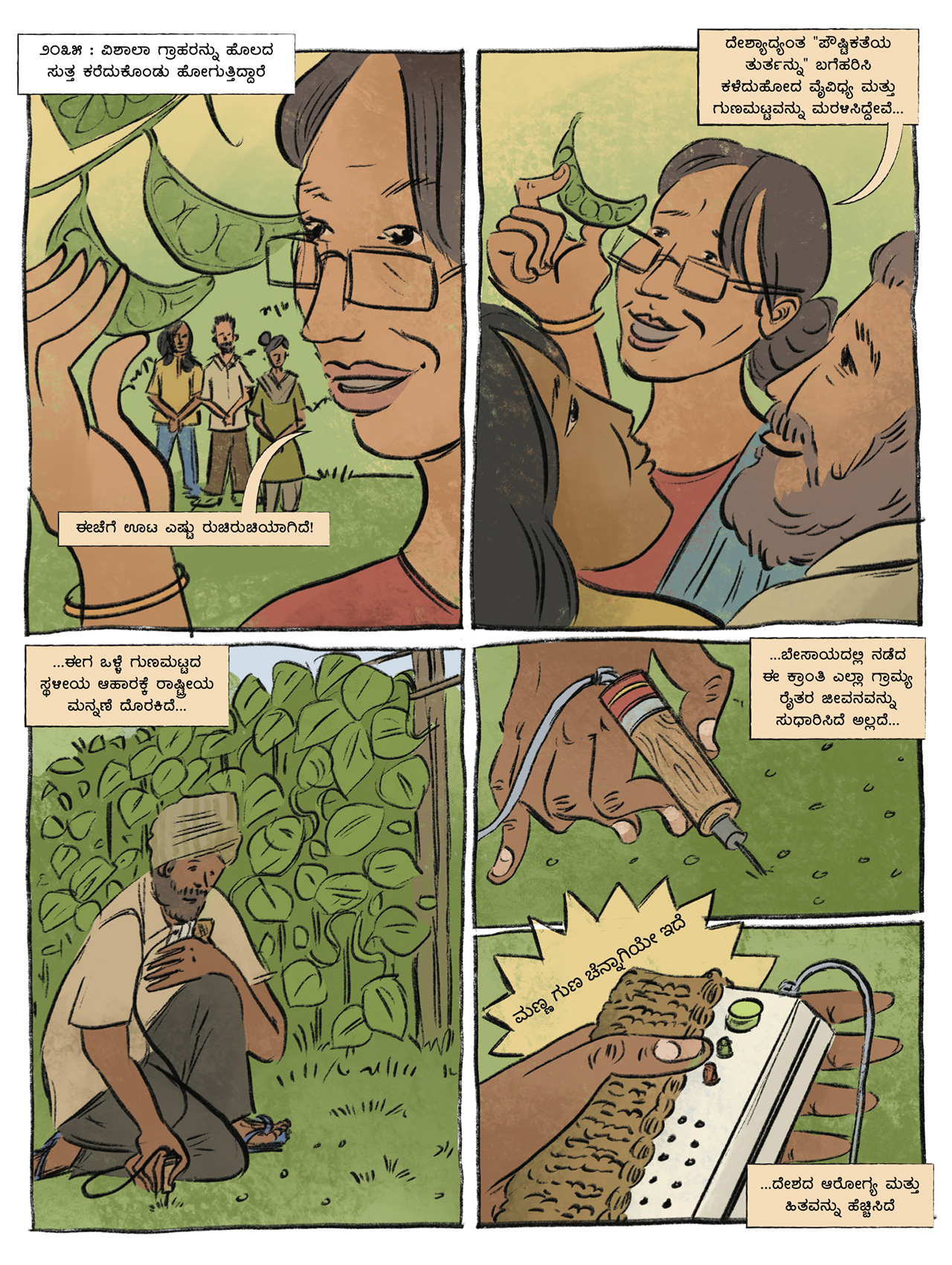
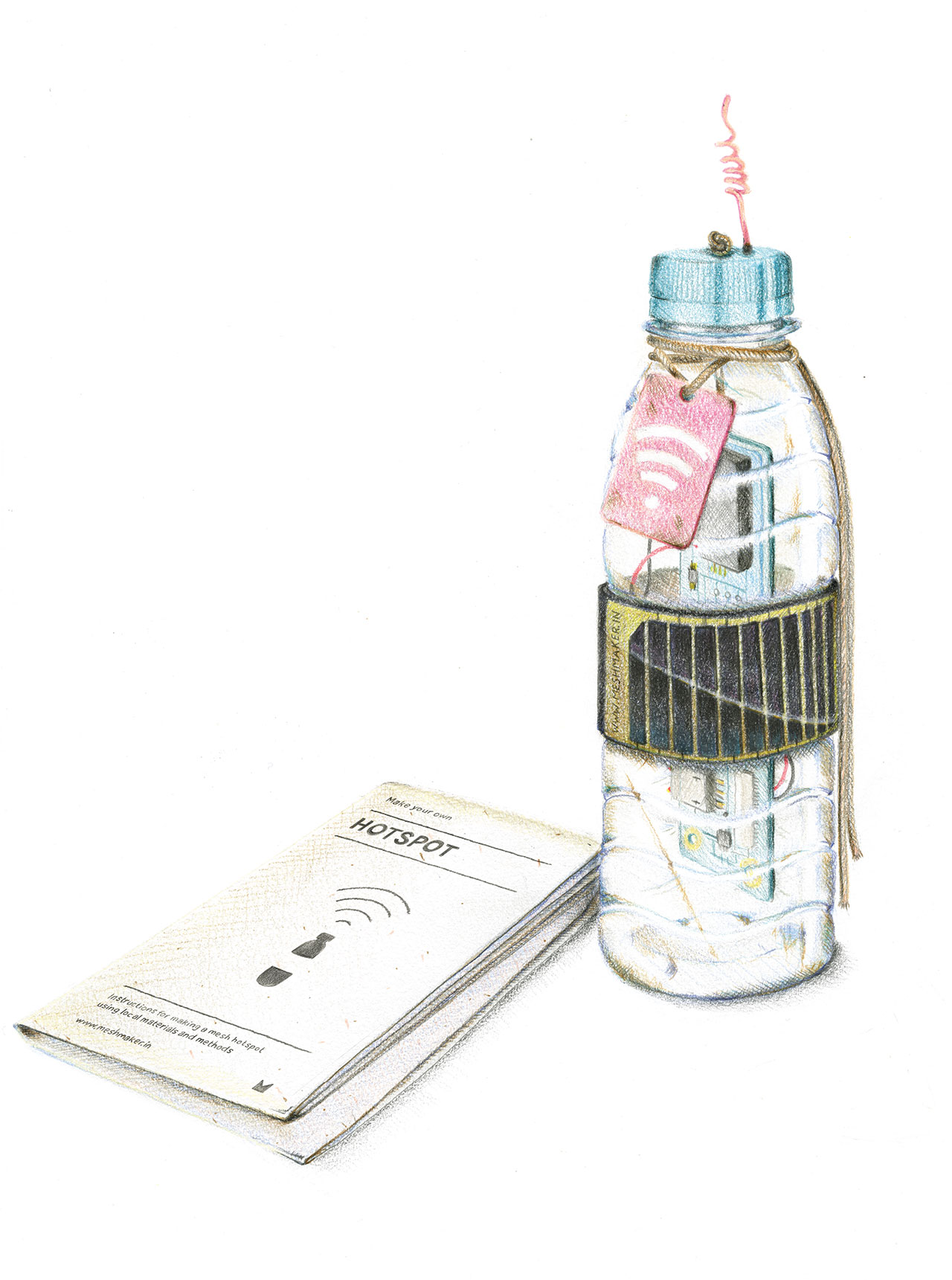
Artefacts from hopeful futures
To inform our three stories we imagined a series of artefacts that might be found in these diverse futures. These artefacts intentionally adopt a visual and material language rooted in the knowledge of the people and the communities we worked with.
These futures mirror those we have seen emerging in India, where different people and communities play a part in engaging with decentralised technology in different ways. This is a future where people are not beholden to technology but choose to use it for their own good. A future where technology supports and complements existing sustainable patterns and behaviours, rather than imposing new ones.
The matter of how much technology we should include in these artefacts was debated thoroughly: we recognised that while some of these artefacts needed to highlight emergent digital technologies, it was also necessary to illustrate their plausibility within the contexts that enabled their adoption and success.
Get in Touch
To find out more about the project please contact us:
